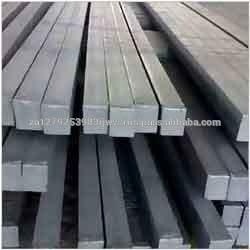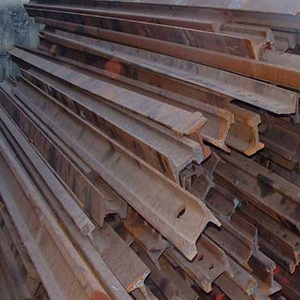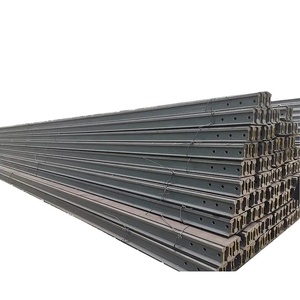Understanding HMS Scraps: An Introduction
HMS scraps, or Heavy Melting Steel scraps, are a vital material in the recycling and metal production industries. These scraps consist of a mix of discarded metals, primarily steel, and are characterized by their ability to be melted down and reformed into new products. The importance of HMS scraps lies in their contribution to sustainability, as they reduce the need for newly mined resources, lowering environmental impact and conserving energy. With the growing emphasis on recycling, HMS scraps play a critical role in the steel manufacturing processes worldwide.
Types of HMS Scraps
HMS scraps can be categorized into several types based on their composition and the way they are sourced. Understanding these distinctions can help industries choose the right type for their needs. Here are the main types of HMS scraps:
- HMS 1: This grade includes heavy melting steel scraps that are predominantly formed from steel structural scrap, such as industrial scrap, large girders, and old machinery.
- HMS 2: Comprising lighter steel materials, this grade includes scrap from commercial-grade materials. It's often mixed with non-magnetic materials and lighter scrap metals.
- Shredded HMS: This variant consists of smaller pieces of steel scrap produced from shredders, ideal for use in electric arc furnaces due to its uniformity.
- Other Steel Scrap: This includes various mixed metal scrap that can be processed or blended with HMS to enhance steel production quality.
Applications of HMS Scraps
The versatility of HMS scraps allows them to be utilized across various industries. Their applications span a wide array of sectors, reflecting the crucial role they play in modern manufacturing and recycling processes. Here are some primary applications:
- Steel Production: HMS scraps are primarily used to manufacture new steel products through furnaces, significantly reducing melting temperatures and energy costs.
- Construction Industry: Recycled HMS scraps are used in infrastructure projects, providing robust materials for beams, columns, and frames.
- Automobile Manufacturing: Many automotive companies rely on recycled steel from HMS scraps to produce car frames, body parts, and engines.
- Appliance Manufacturing: Large appliances like refrigerators and washing machines often contain recycled steel, showcasing the adaptability of HMS scraps in consumer products.
Advantages of Using HMS Scraps
The use of HMS scraps presents several compelling advantages, making them an ideal choice for various manufacturing processes. These benefits not only strengthen the economy but also contribute to environmental conservation. Here’s a look at the key advantages of HMS scraps:
- Cost-Effectiveness: Utilizing HMS scraps can significantly lower production costs as they are generally cheaper than virgin materials.
- Environmental Sustainability: Recycling HMS scraps reduces landfill waste, minimizes the carbon footprint of manufacturing, and conserves natural resources.
- Energy Efficiency: The recycling process for HMS scraps demands less energy than producing steel from iron ore, making it a more energy-efficient option.
- Job Creation: The recycling industry surrounding HMS creates numerous job opportunities in collection, sorting, and processing sectors.















































































































































